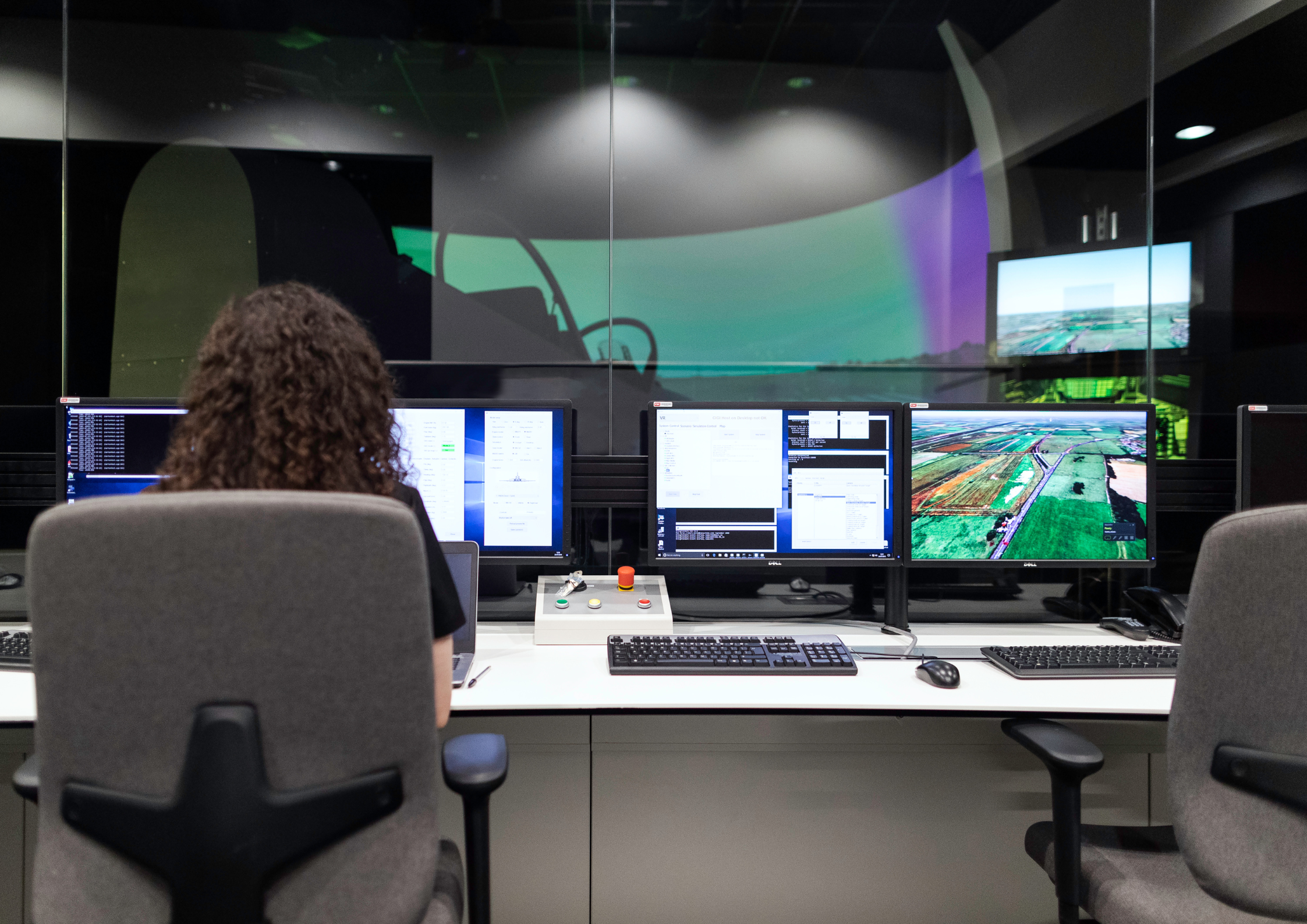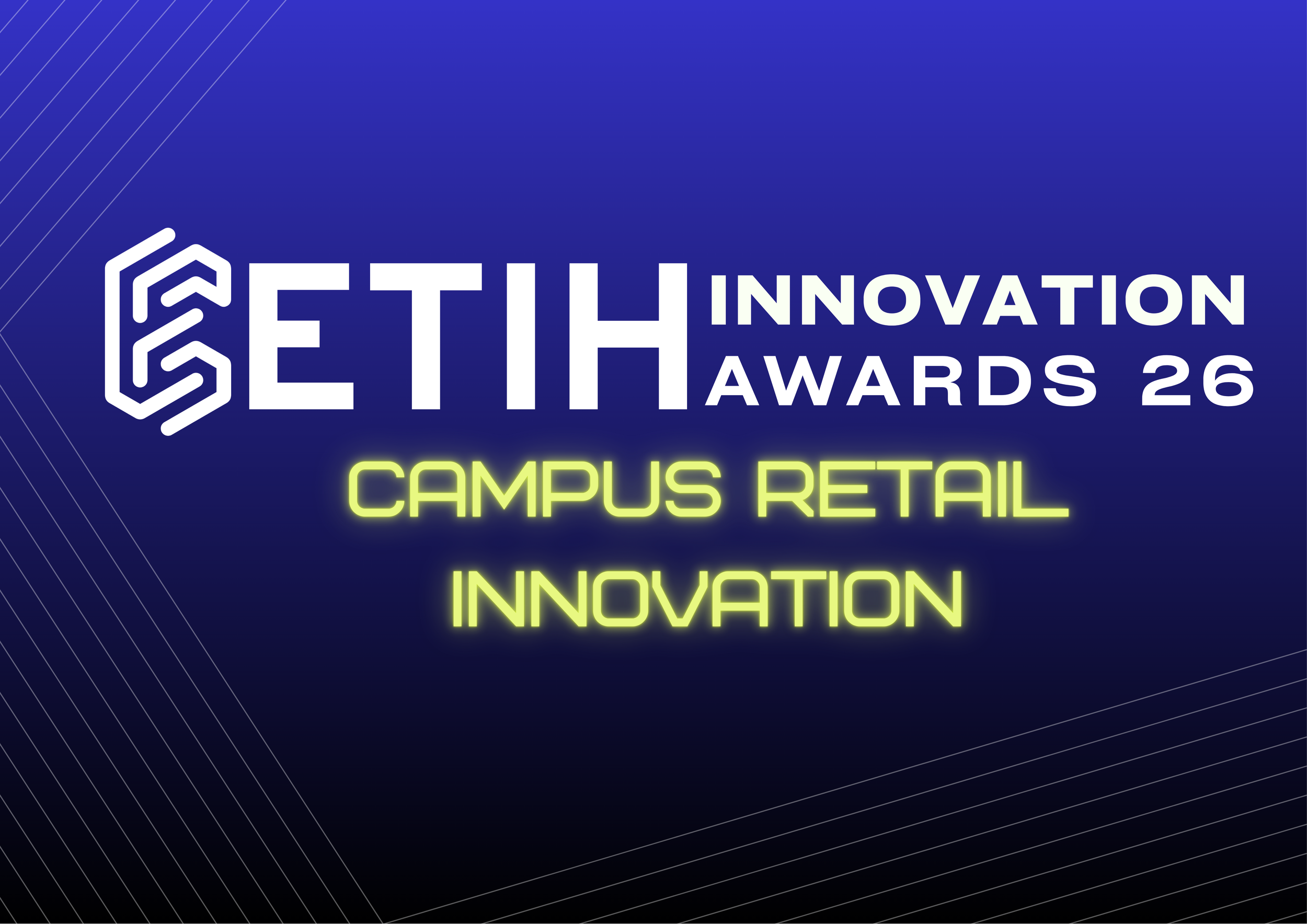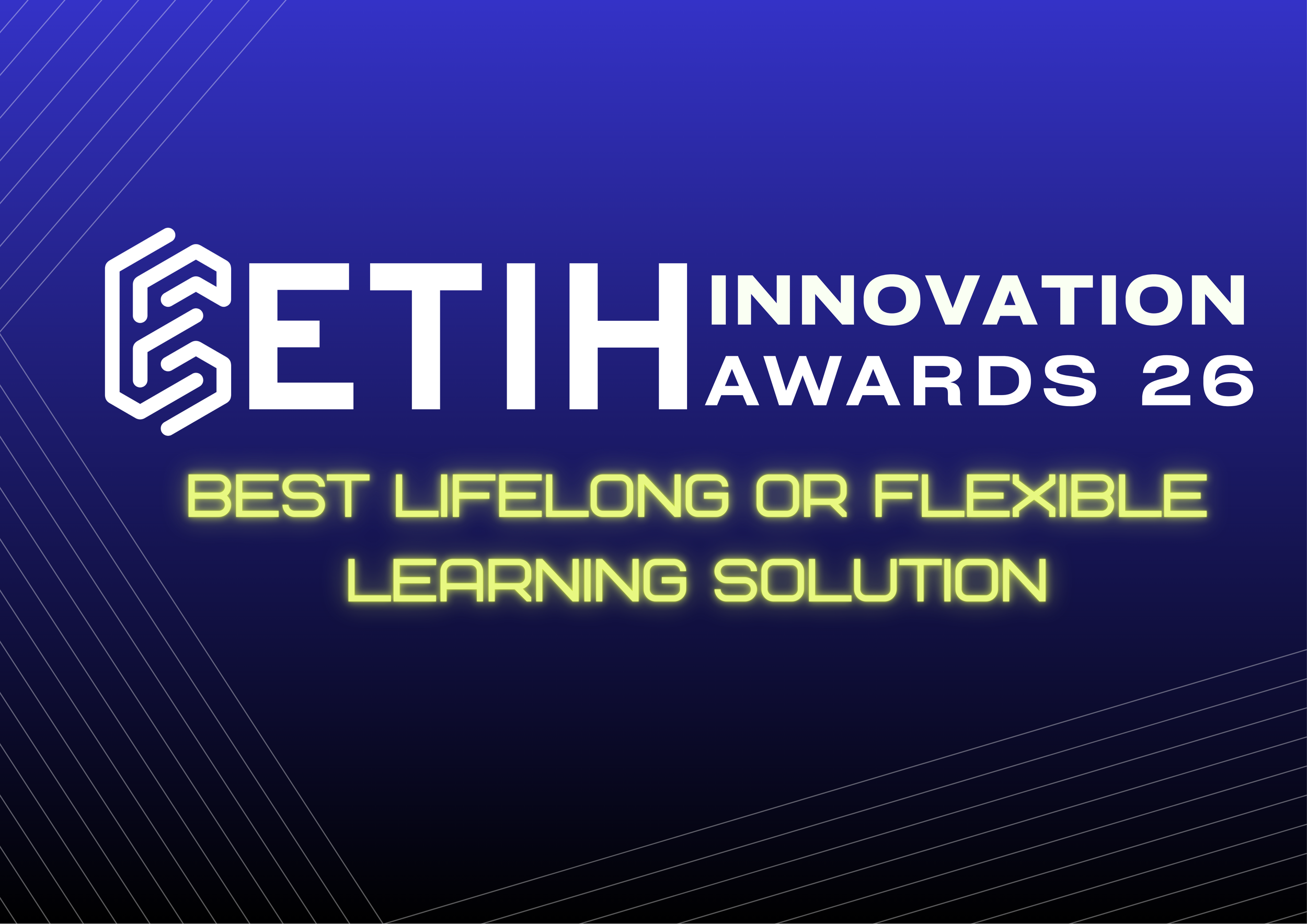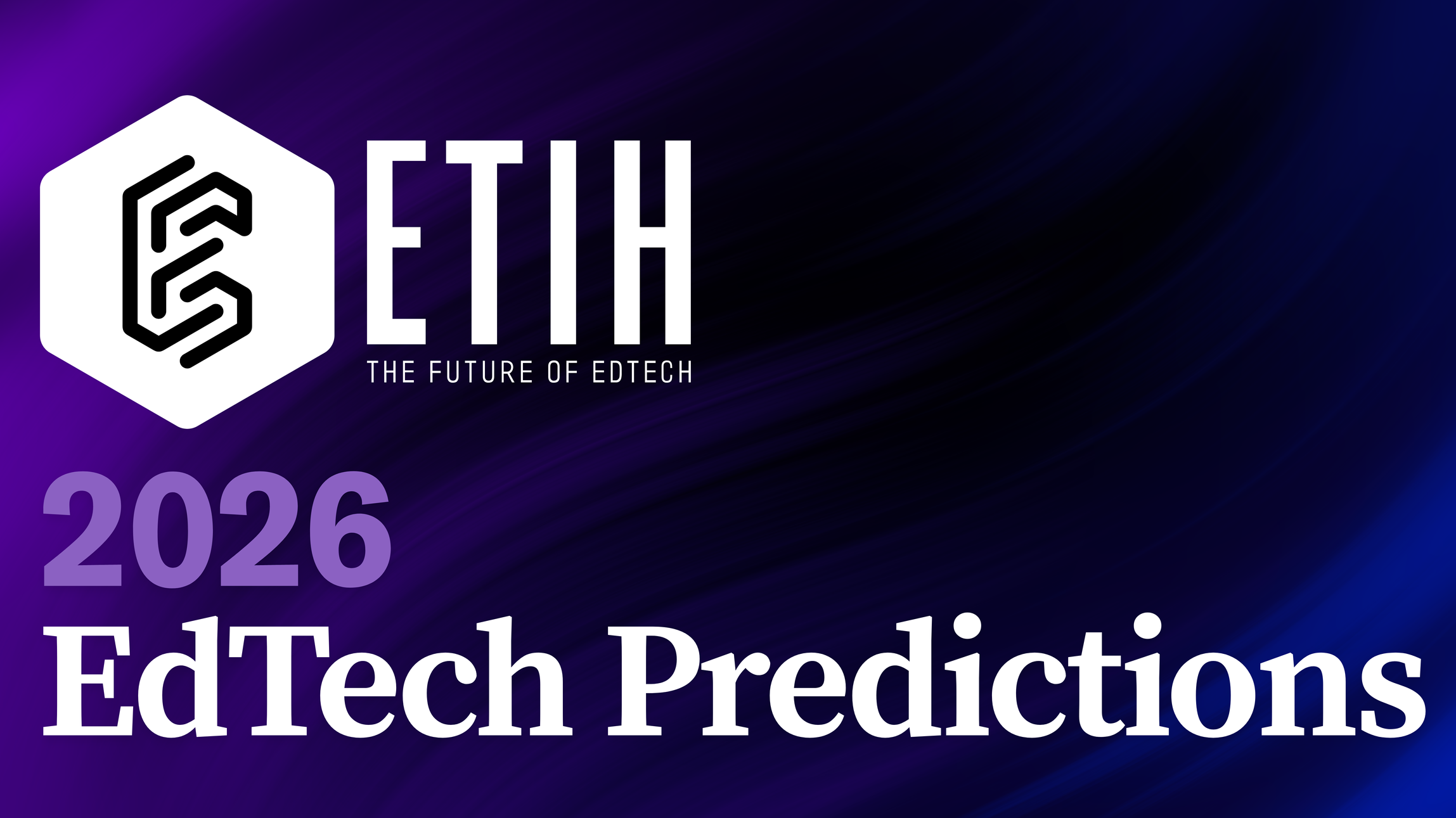University of Edinburgh researcher Maja Schmidt earns Fellowship for AI heart monitoring project
Early-career researcher Maja Schmidt, in partnership with Neuranics Limited and the University of Edinburgh, has been awarded the Royal Commission for the Exhibition of 1851 Industrial Fellowship.
Her project focuses on developing an AI-driven remote heart health monitoring system, aiming to enhance early detection and diagnosis of heart conditions.
Schmidt is among 12 innovators selected for the fellowship, which provides up to £125,000 in funding. The Royal Commission, established in 1851, has a long history of fostering collaboration between academia and industry to tackle significant challenges in healthcare, sustainability, and engineering.
Neuranics Limited has been making strides in magnetic sensor technology. The company has developed advanced magnetic sensors using Tunnel Magnetoresistance (TMR) technology to detect muscle activity.
Their MMG sensors offer precise and responsive gesture recognition, presenting a more accurate and comfortable alternative to traditional Electromyography (EMG) sensors. These sensors are suitable for Human-Machine Interfaces (HMI) and can be integrated into extended reality (XR) environments, including augmented reality (AR), virtual reality (VR), and mixed reality (MR).
Schmidt’s research takes Neuranics’ technology a step further by integrating it with artificial intelligence to create a remote heart health monitoring system. This AI-powered solution aims to provide real-time, high-precision data, enabling earlier diagnosis and treatment of heart conditions.
The Industrial Fellowship programme is designed to bridge the gap between academic research and industry application. Fellows conduct their research within a company while receiving robust academic support from a university, ensuring their work has practical relevance and a strong theoretical foundation. The funding covers up to three years, including salary, university fees, and doctoral costs.
Neuranics' advanced sensors have caught the attention of industry experts. The potential applications in human-machine interaction and healthcare are significant, especially with the integration of AI for health monitoring.
Schmidt’s collaboration with the University of Edinburgh provides a strong academic backing for the project. The university is known for its research in artificial intelligence and healthcare technologies, which complements Neuranics’ expertise in magnetic sensors.
At a time when early detection of heart conditions is crucial, this project could have a significant impact on healthcare outcomes. Remote monitoring allows for continuous data collection without the need for patients to be physically present in a medical facility.
The Royal Commission has been instrumental in supporting such innovations for over 170 years, investing nearly £4 million annually to support early-career researchers addressing global challenges.
John Lavery, Secretary of the Royal Commission, said: “This intersection of academia and industry fosters the development of innovative technologies. The Commission is proud to invest in these exceptional early-career scientists and engineers who are shaping our future.”





















